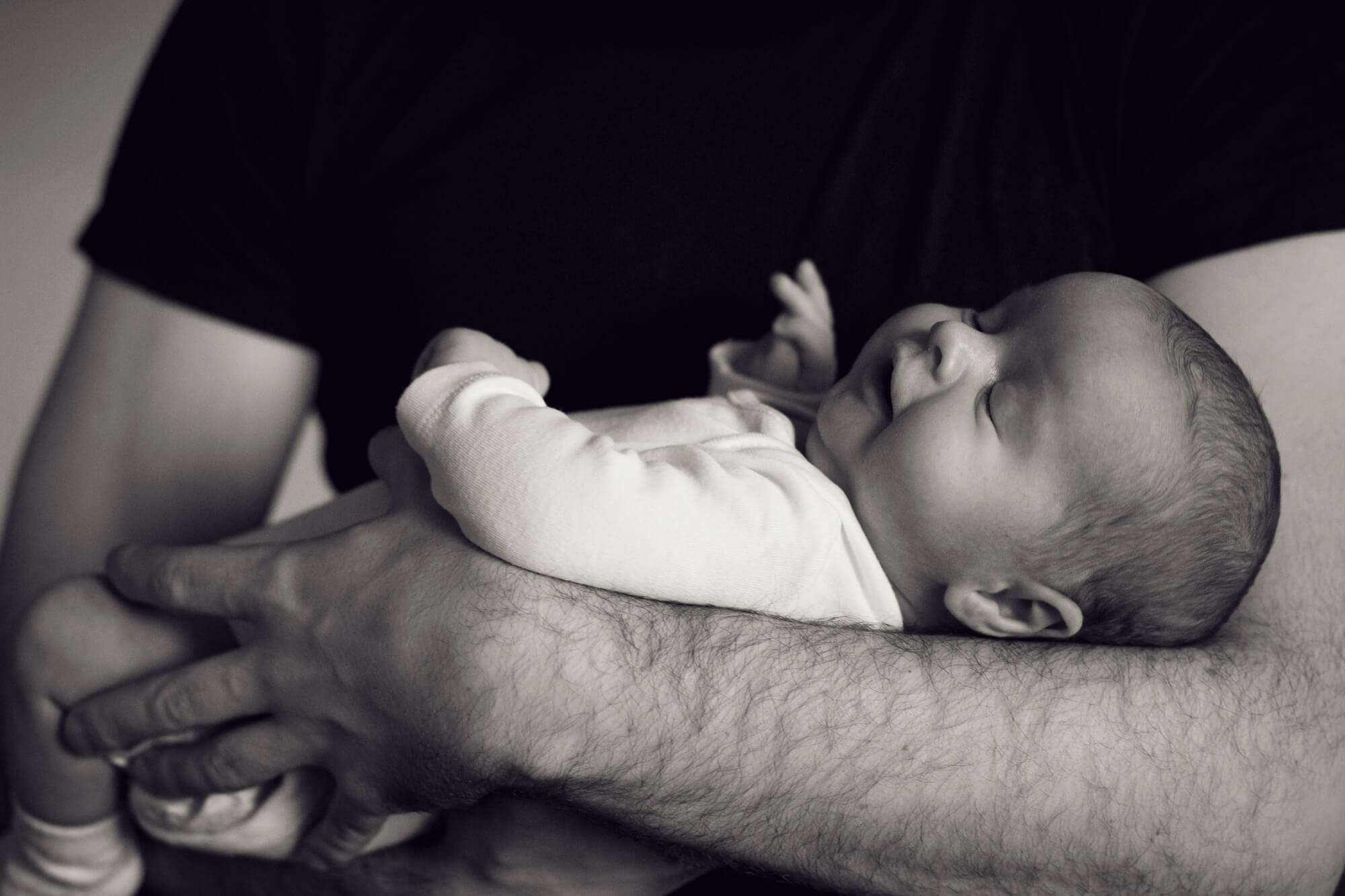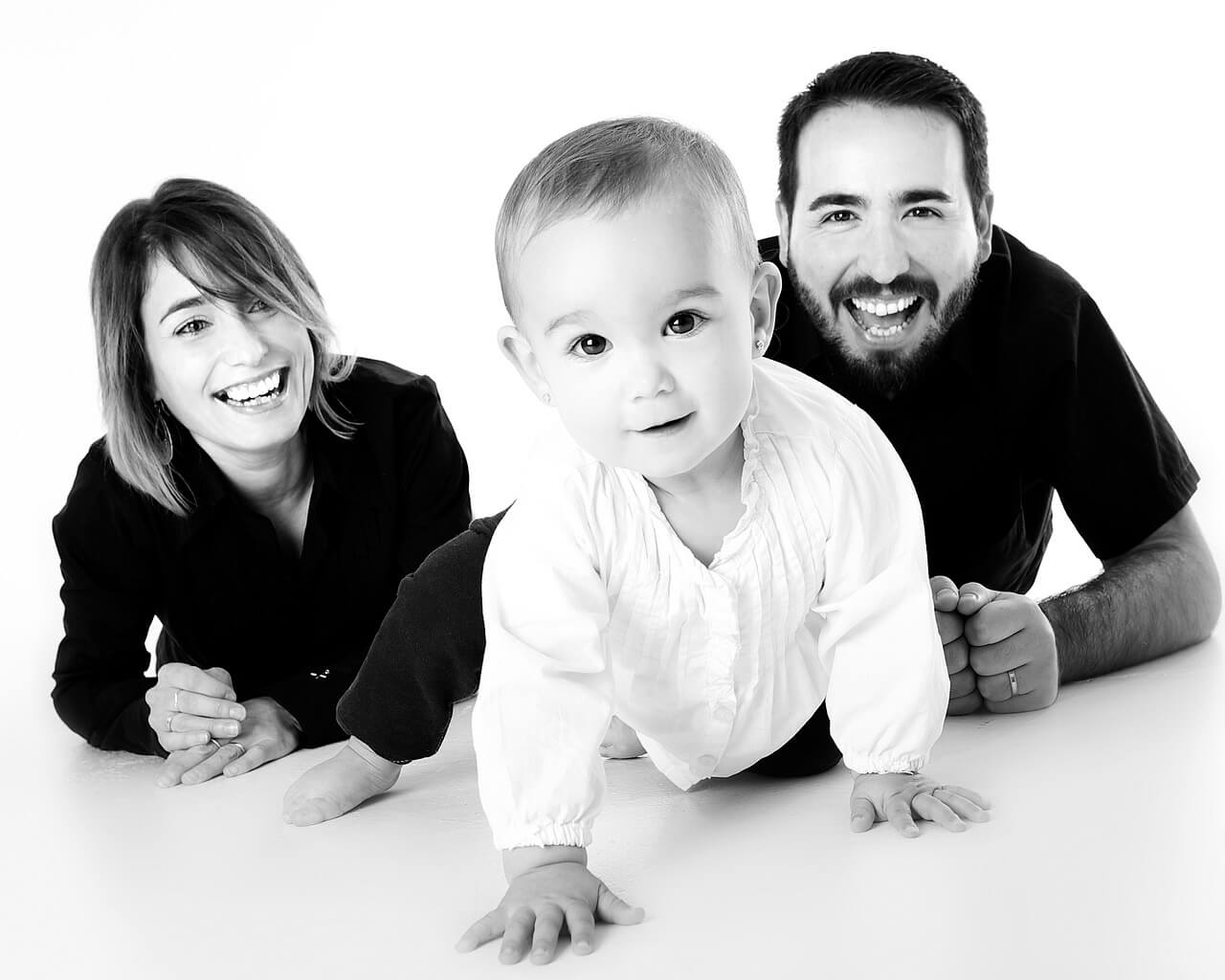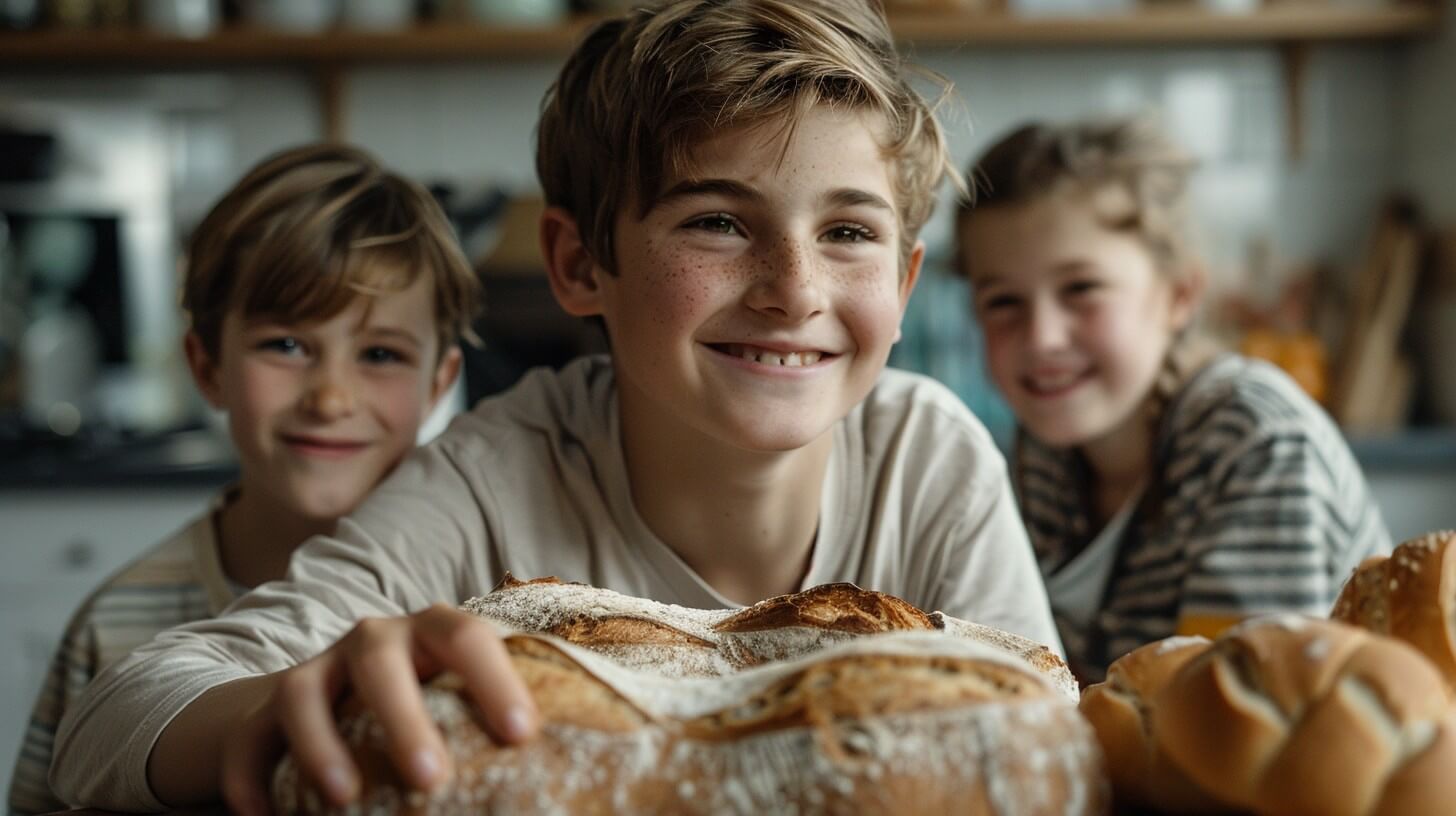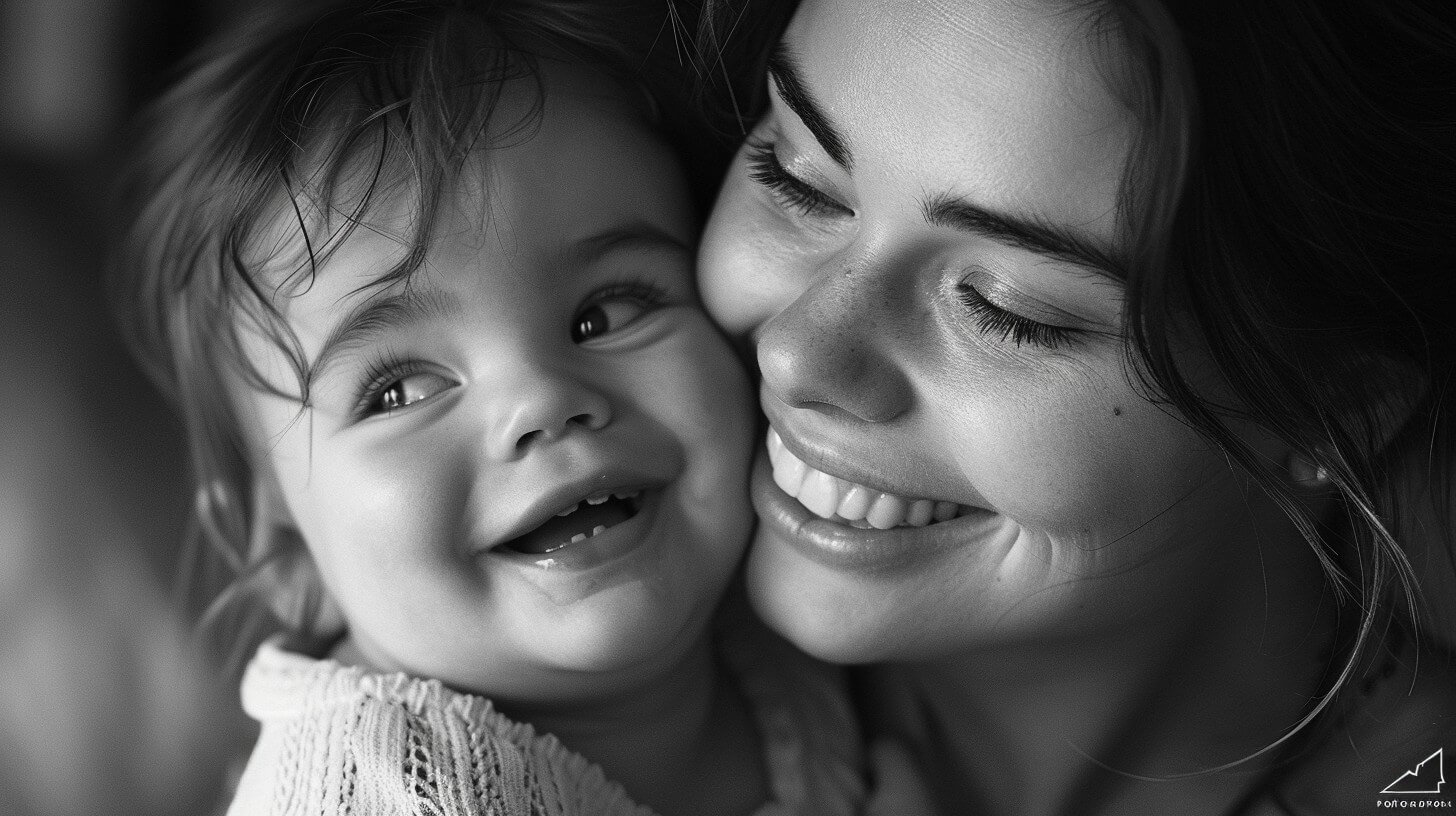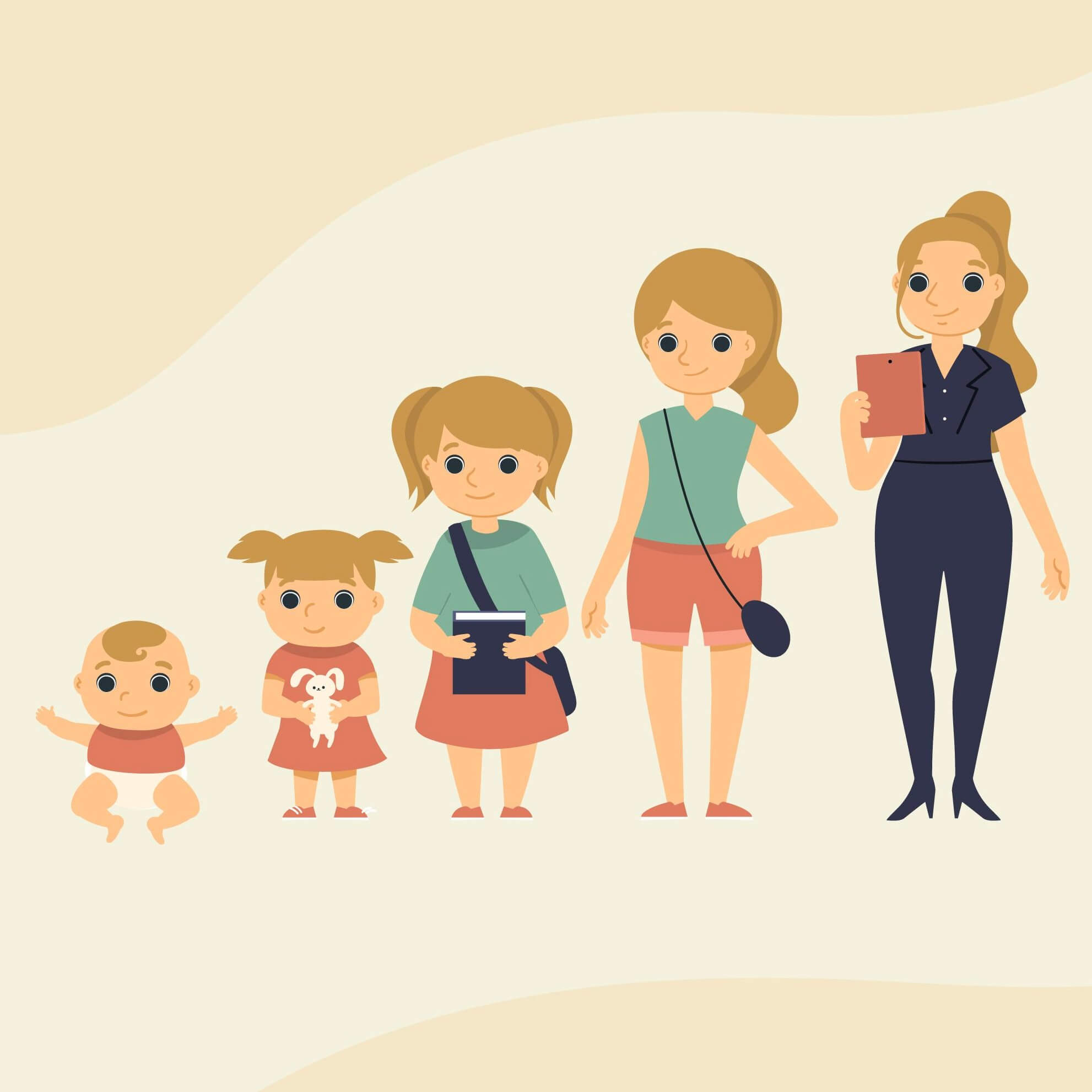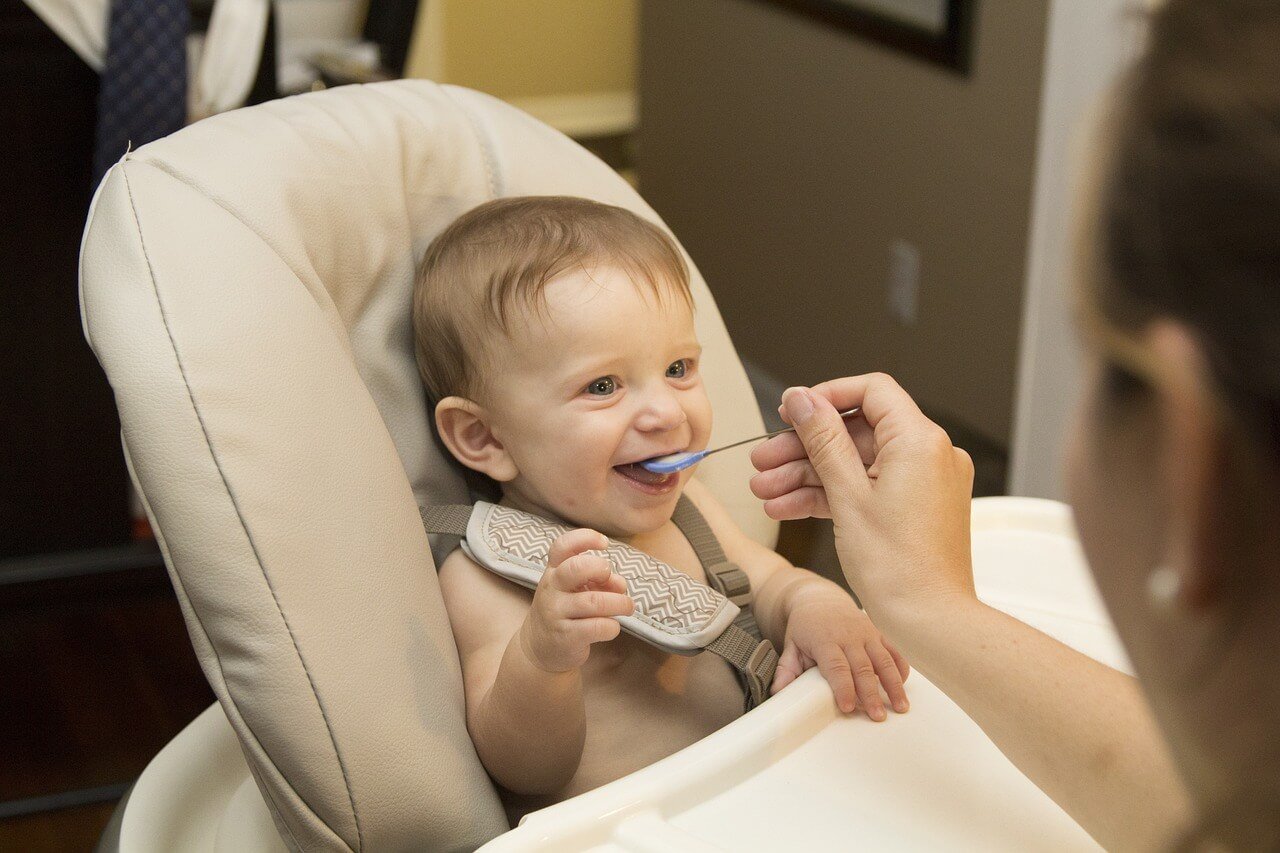Navigating the Challenges of Passive Parenting
As parents, we all want the best for our children. But our parenting approach may have negative consequences. Passive parenting is one of those parenting methods.
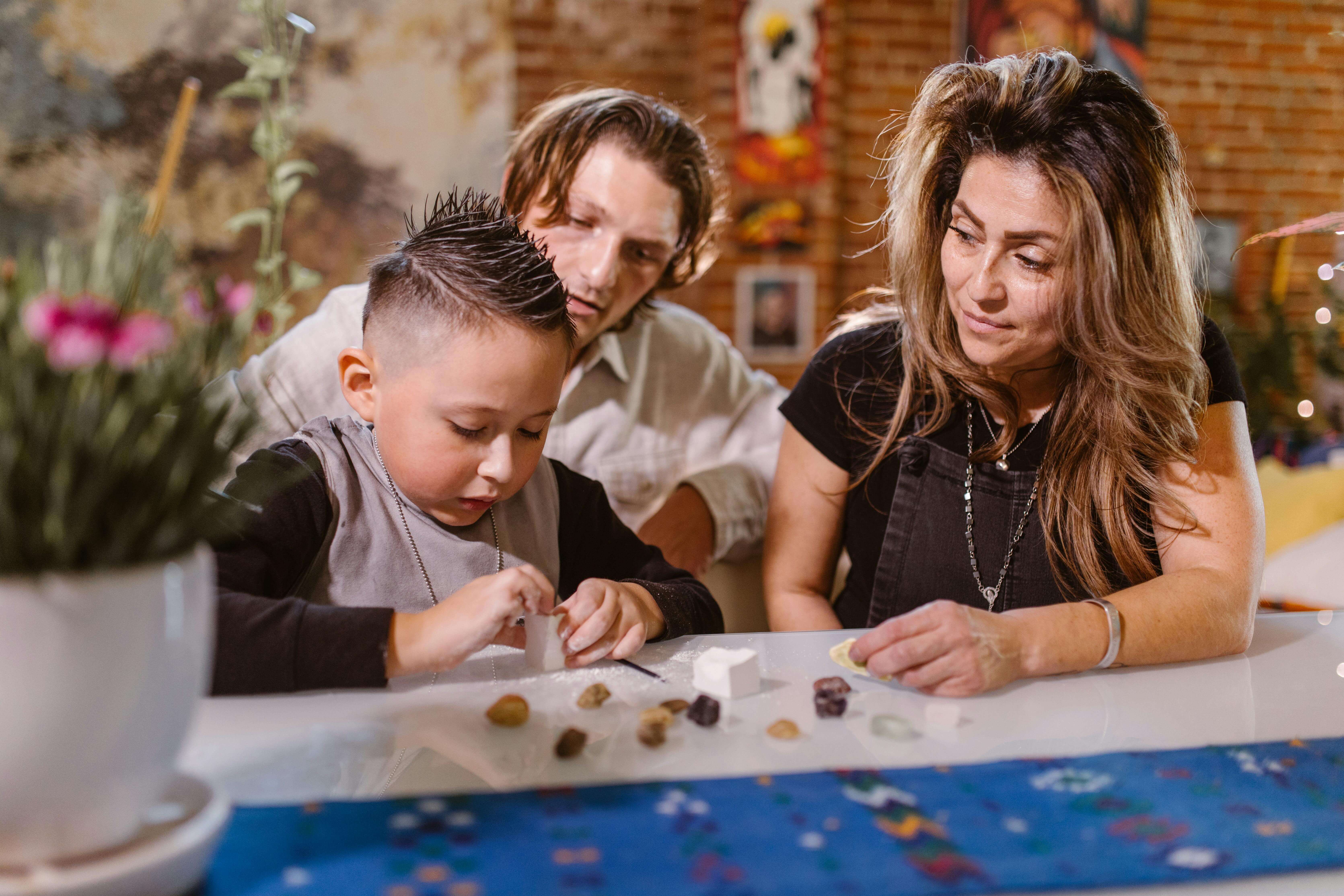 Mom and dad watching they child creating something at the counter.
Mom and dad watching they child creating something at the counter.What is Passive Parenting?
Passive parenting, also known as permissive or indulgent parenting, is a style where parents are loving but provide few guidelines and rules.
These parents often adopt a friend-like role with their children, avoiding conflict and allowing kids to make their own decisions with minimal guidance.
Or they may simply be overwhelmed by other responsibilities, leaving little energy for active involvement.
Key Characteristics of Passive Parenting:
To better understand passive parenting, let’s look at some common characteristics:
- Lack of Boundaries: Passive parents often set few rules or expectations for their children.
The child may have the freedom to do as they please, with little guidance on what is appropriate behavior.
- Minimal Discipline: These parents may avoid disciplining their children, either because they want to avoid conflict or because they believe the child will learn from their own mistakes.
- Emotional Distance: Passive parents may not be as emotionally available or engaged.
- Avoidance of Conflict: In an effort to keep the peace, passive parents might avoid addressing issues that arise, hoping they will resolve on their own.
- Overemphasis on Independence: While encouraging independence is important, passive parents may take this to an extreme.
They expect their children to handle situations that they are not yet equipped to manage on their own.
The Impact of Passive Parenting on Children
Children raised under a passive parenting style often face challenges that can affect their emotional and social development.
Here are some of the potential effects:
1. Lack of Self-Control: Without clear boundaries, children may struggle to develop self-discipline and impulse control.
2. Difficulty with Authority: Children raised with passive parenting might have trouble respecting authority figures outside the home.
3. Poor Decision-Making Skills: With limited guidance, children may not learn how to make responsible choices, leaving them feeling anxious and insecure.
4. Academic Struggles: The lack of structure can lead to difficulties in school environments.
5. Social Challenges: These children might have trouble understanding social norms and expectations, finding it challenging to form healthy relationships
6. Low Self-Esteem: The emotional distance often seen in passive parenting can lead to feelings of neglect.
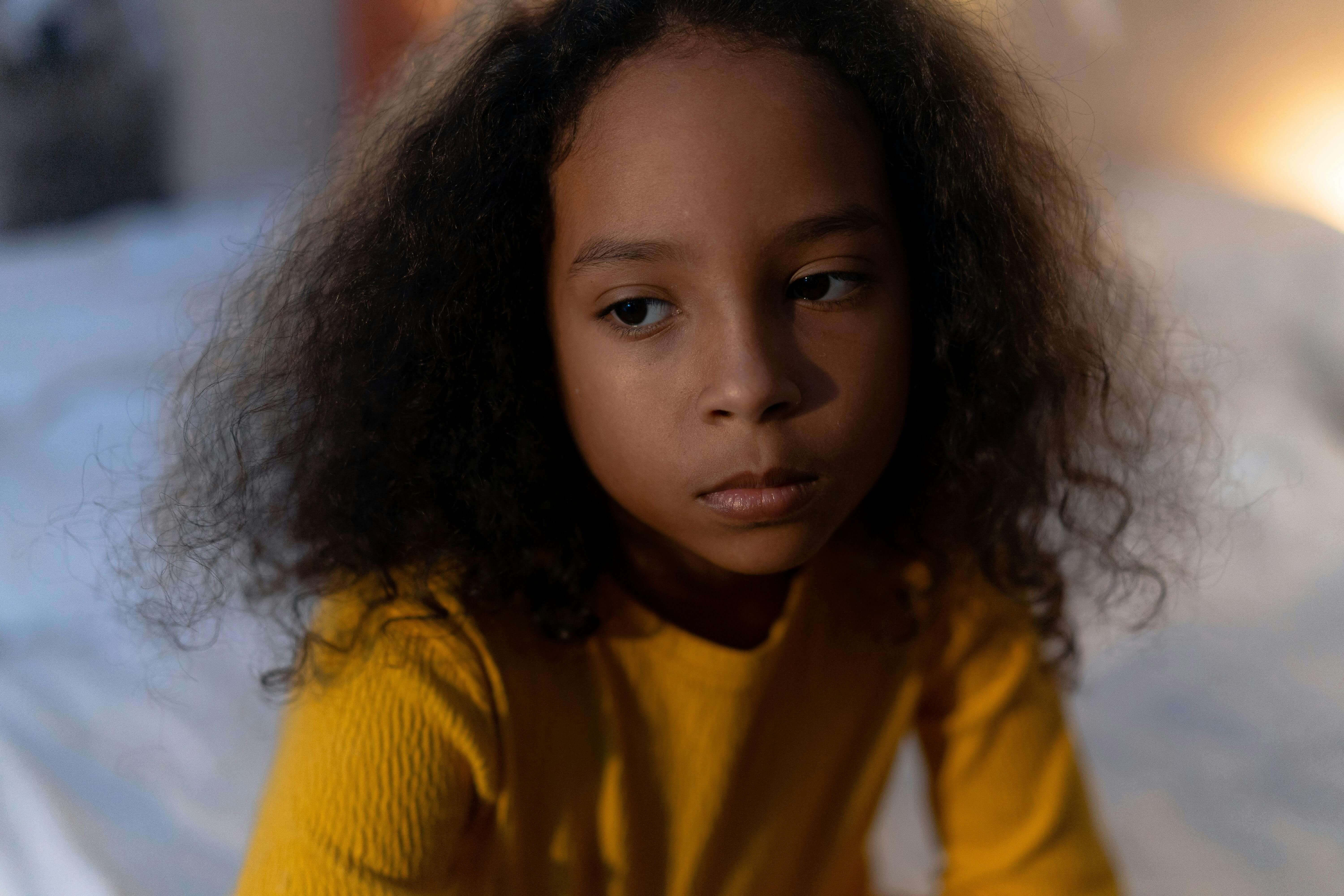 Young child feeling sad.
Young child feeling sad.Why Parents Adopt Passive Parenting
Understanding why some parents lean towards passive parenting can help you address the root causes.
1. Fear of Conflict: Some parents avoid conflict at all costs, even if it means not addressing important issues with their children.
They might worry that enforcing rules or discipline will lead to arguments and prefer to keep the peace.
2. Overcompensation: Parents who experienced strict upbringings might swing to the opposite extreme, not realizing that their hands-off approach is affecting their child’s development.
3. Exhaustion and Stress: The demands of modern life can leave parents too tired to enforce rules consistently, they may feel overwhelmed by the responsibilities.
In an attempt to manage their stress, they might become less involved, hoping their children can fend for themselves.
4. Misunderstanding of Child Development: Some parents genuinely believe that allowing their children to make their own choices will help them become more independent.
While encouraging independence is important, too much autonomy without guidance can be harmful.
Signs You Might Be a Passive Parent
Recognizing passive parenting tendencies is the first step towards change.
Here are some signs to watch for:
- You often give in to your child's demands to avoid tantrums
- You rarely set or enforce rules
- You find yourself making frequent excuses for your child's behavior
- You struggle to say "no" to your child
- Your child often ignores your requests or instructions
The Psychological Impact of Passive Parenting
Passive parenting can have significant psychological effects on children.
Research shows that children of passive parents may:
- Have lower self-esteem
- Struggle with anxiety or depression
- Exhibit more aggressive behaviors
- Have difficulty forming healthy relationships
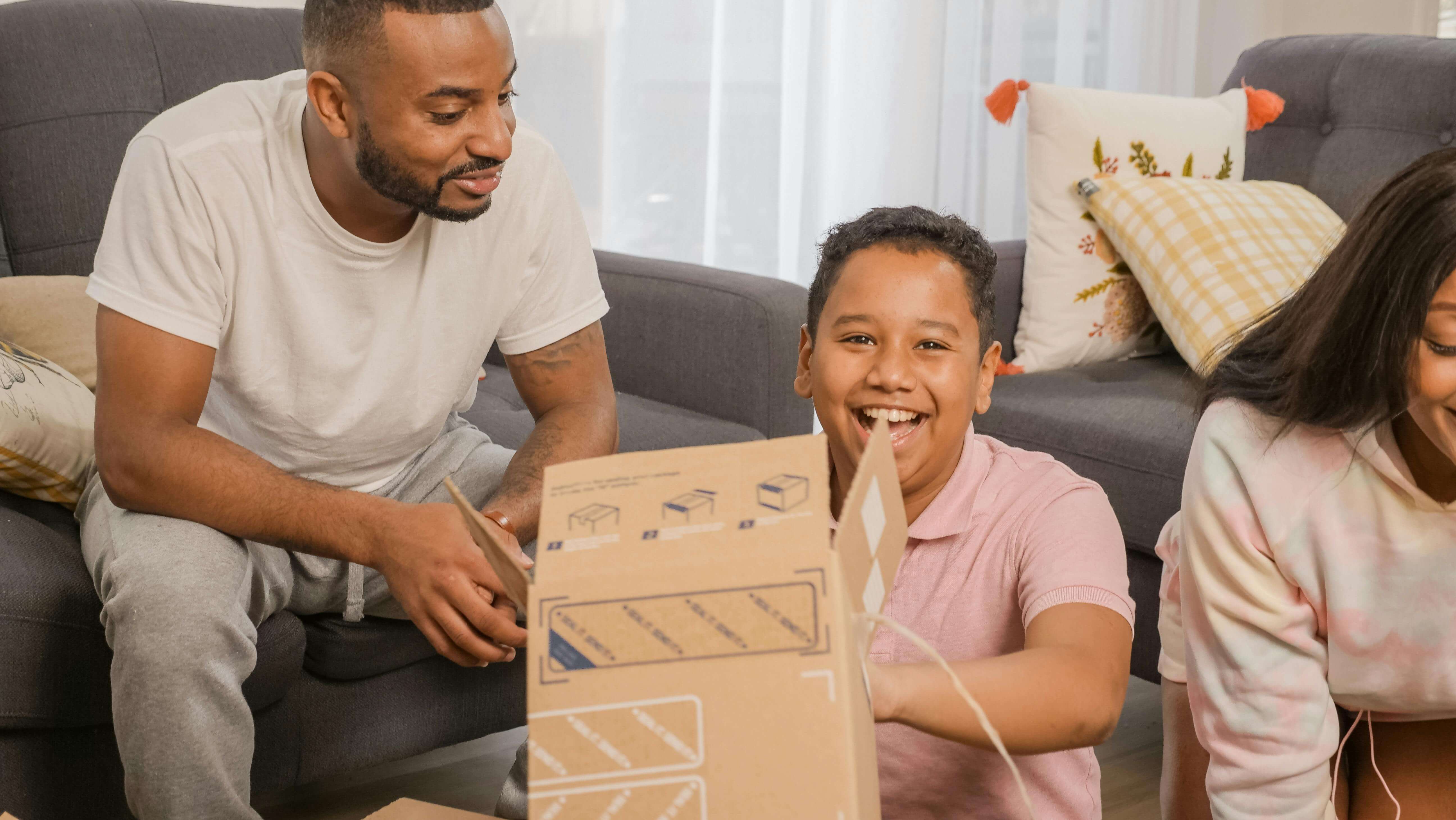 Dad sitting n a sofa watching his son open a box while sitting on the floor and he has a big smile on his face.
Dad sitting n a sofa watching his son open a box while sitting on the floor and he has a big smile on his face.Moving from "Passive" to Active Parenting
If you've recognized passive parenting tendencies in yourself, don't worry.
It's never too late to make positive changes:
- Set Clear Boundaries: Establish age-appropriate rules and consequences.
- Be Consistent: Follow through with consequences when rules are broken.
- Open Communication: Let them know the reasons behind your rules and decisions.
- Promote Independence: Let your child make some of their own choices within set boundaries.
- Listen Attentively: Show them that you are interested in what they have to say.
The Benefits of Active Parenting
Moving away from passive parenting towards a more active approach can yield numerous benefits:
- Improved behavior and self-discipline in children
- Better academic performance
- Enhanced social skills and emotional intelligence
- Stronger parent-child relationships
- Increased resilience and problem-solving abilities
Overcoming Challenges in Shifting from Passive Parenting
Changing established parenting patterns can be challenging.
Here are some strategies to help:
- Start Small: Begin with one or two areas where you'll implement new rules.
- Seek Support: Connect with other parents or consider family therapy.
- Be Patient: Change takes time for both you and your children.
- Practice Self-Care: Taking care of yourself will help you be a more effective parent.
- Celebrate Progress: Acknowledge positive changes, no matter how small.
The Role of Empathy in Effective Parenting
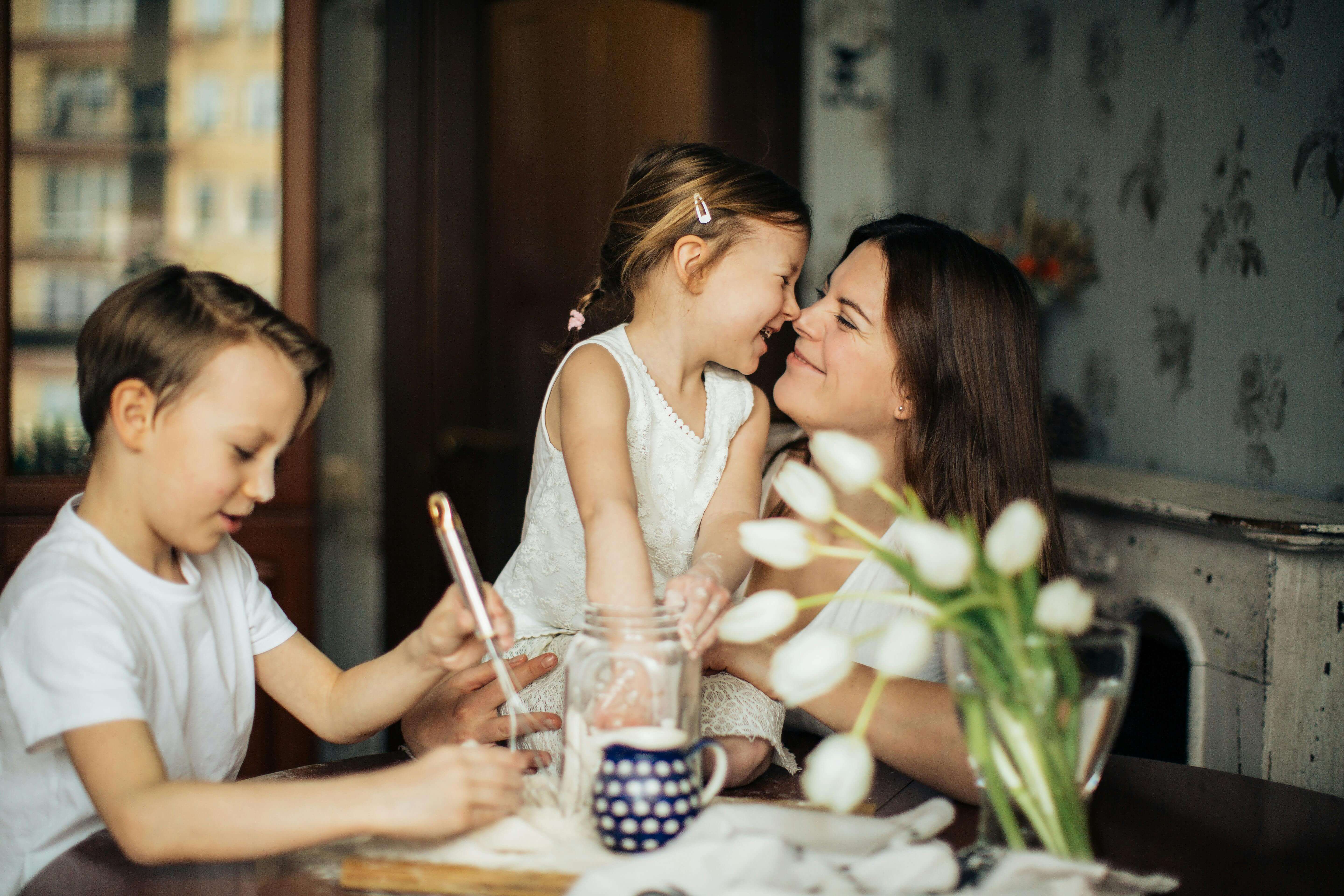 Mom and son sitting at table. Son is mixing ingredients and daughter is standing beside mom as they touch nose to nose.
Mom and son sitting at table. Son is mixing ingredients and daughter is standing beside mom as they touch nose to nose.While moving away from passive parenting, it's crucial to maintain empathy and emotional connection with your child.
Balancing structure with warmth creates a nurturing environment where children can thrive.
Finding the Right Balance
Passive parenting often comes from a place of love and a desire to avoid conflict. However, children need both love and guidance to develop into well-adjusted adults.
